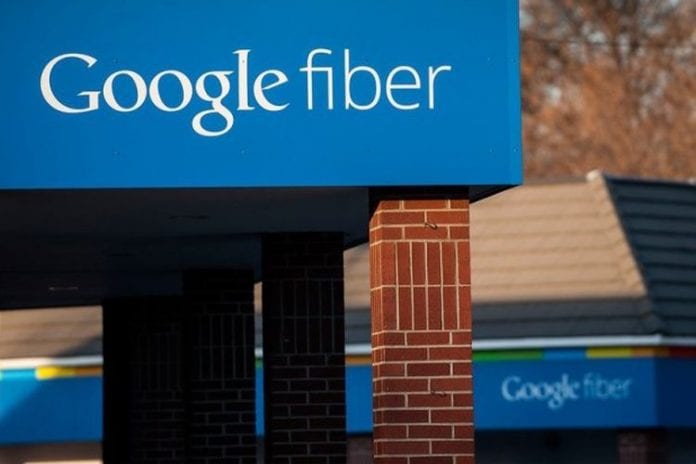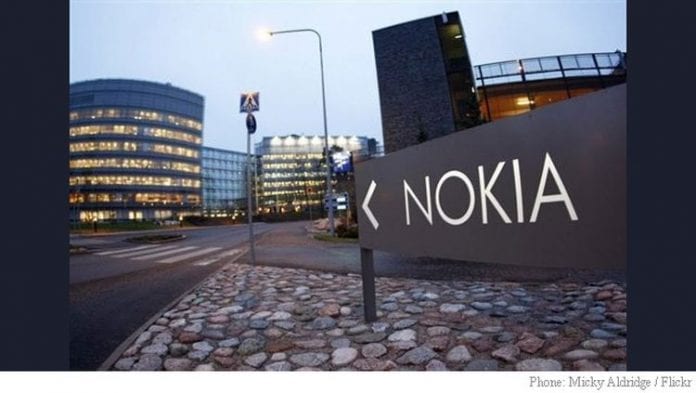Nokia in association with Deutsche Telkom T-Labs and Technical Univerisity of Munich has recorded a milestone with its ‘Probabilistic Constellation Shaping – (PCS) on their project for special optical systems.
In a statement releases by Nokia, they announced that they have reached 1 Terabit (TB) speed per second for its data transmission in Germany through optical fiber. What this means is that even heavy games will be downloaded in a matter of seconds at the rate of 1.125 TB. Nokia Finland since selling its handset to Microsoft Corp has settled to becoming a equipment supplier for telecom networks. They acquired Alcatel-Lucent last year, which has enabled them to have access to their Bell Labs which they now refer to as Nokia Bell Labs.
The new research done by Nokia has shown that better operation and flexibility can be gotten with PCS. So for the internet networks, there will be noticeable improvement at the rate internet networks works as regards to speed with the help of the new optical fiber. Service providers and telecommunication companies can break the barrier of high speed capacity and barrier with this new optical metro fiber.
According to the Nokia Bell Labs & CTO president, Marcus Weldon, there is not just need for optical networks to support huge orders that require high data, but to also be able to meet with up with the demand that are coming from different channels. PCS, he added offers a whole lot of benefits to enterprises and service providers.
It does this by making it possible for optical networks to work at a close range in terms of Shannon Limit so as to encourage interconnectivity with massive datacenter and to also allow for optimum performance and flexibility that is a must in today’s digital era.
This high speed of terabit is what enterprises as well as individuals have been yearning for their core networks. At the moment, the fastest internet speed that can be found in the market is obtainable with Aplphabet’s Google Fiber. Home users are allowed to have up to 1Gbps embryonic connection service on fiber-to-the-premises basis.

With PCS, researchers observe, optical networks can have access to 1Tbps. This at the moment is the closest to what is obtainable with Shannon Limit as put together by Claude Shannon in the year 1945. With this new discovery, Nokia will be empowered to meet up with the steady demand from its business data developers and customers. The Safe and Secure European Routing (SASER) made the project possible, and was made using Deutsche Telekom fiber network.
According to CTO Duetsche Telekom and Telekom Deutschland Director of Technology, Bruno Jacobfeuerborn, customers need a guarantee of increased capacities, flexibility and reach as well as optical transmissions for demonstration and evaluation for them to keep coming back. Such will also them to test technologies and scenarios on a higher level.
The findings from the research are expected to be presented by the company today at the ongoing European Conference on Optical Communication (ECOC) in Germany.









